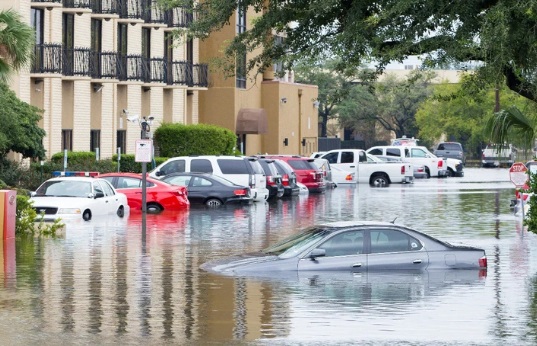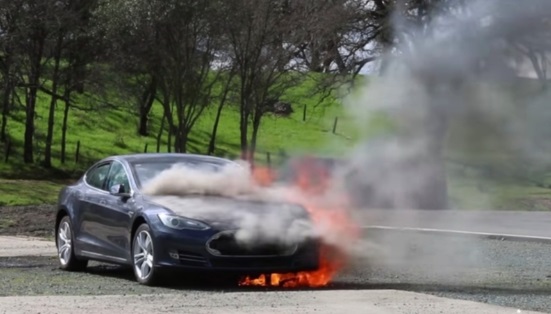Recently, professors at the University of Central Florida (UCF)’s Nanoscience Technology Center in the United States have researched and developed a new type of battery that can prevent electric cars from catching fire when they are submerged in water during flooding.
Accordingly, when electric car batteries are soaked in saltwater for a long time, they can catch fire. This is because saltwater corrodes the batteries, causing short circuits, igniting the flammable solvents and other components.
UCF’s batteries utilize new nano technology, improving charging time and stability compared to traditional batteries, and are not short-circuited when submerged in water.
This type of battery can charge incredibly fast, only taking about 3 minutes to fully charge. In contrast, traditional batteries take longer to charge.
UCF’s battery also has the ability to store more energy by utilizing naturally occurring metal ions in saltwater, such as sodium, potassium, calcium, and magnesium…
To replace traditional solvents, researchers have used saltwater, a method that helps limit the risk of electrical leakage causing fires and also reduces harm to people.
Researchers are confident that even when used incorrectly or submerged in saltwater, their batteries are still safe.
During the rainy season, the possibility of cars having to ford through water is entirely possible. While not susceptible to hydrolock and engine failure like gasoline cars, electric cars are still at risk of damage.
UCF is not the first institution to research new battery technology. Previously, a scientist and chemistry professor at Stanford University had also developed a battery that utilizes the difference in salinity between freshwater and seawater to create electricity.
TH (Tuoitrethudo)











































